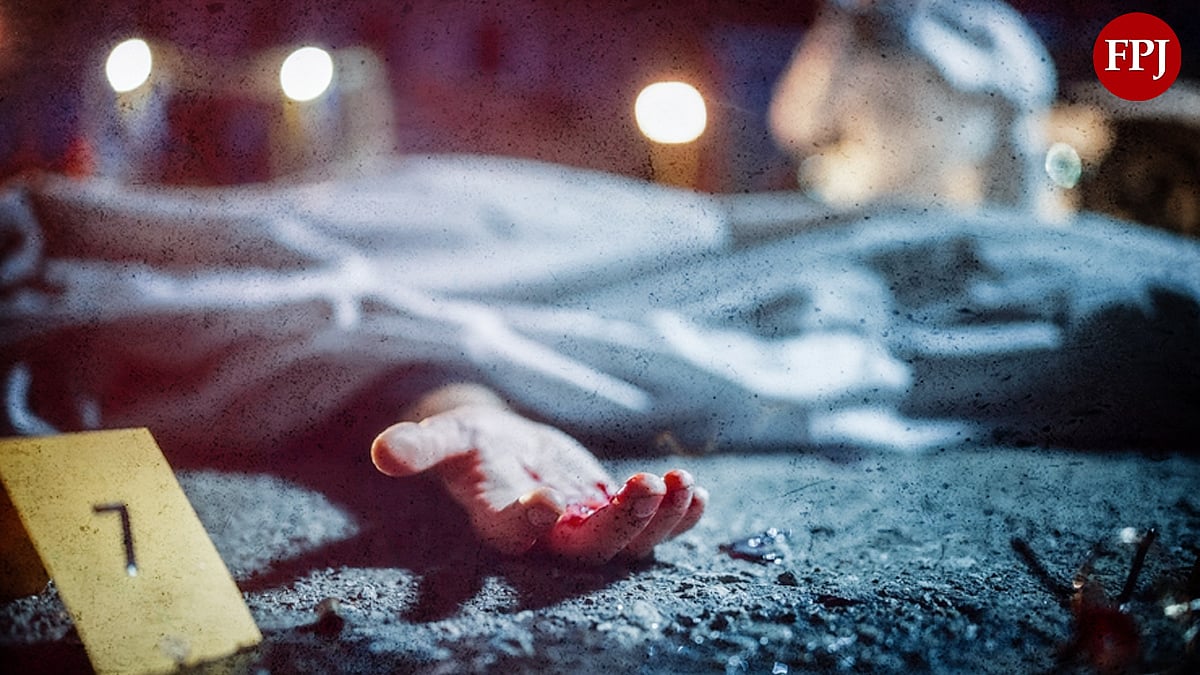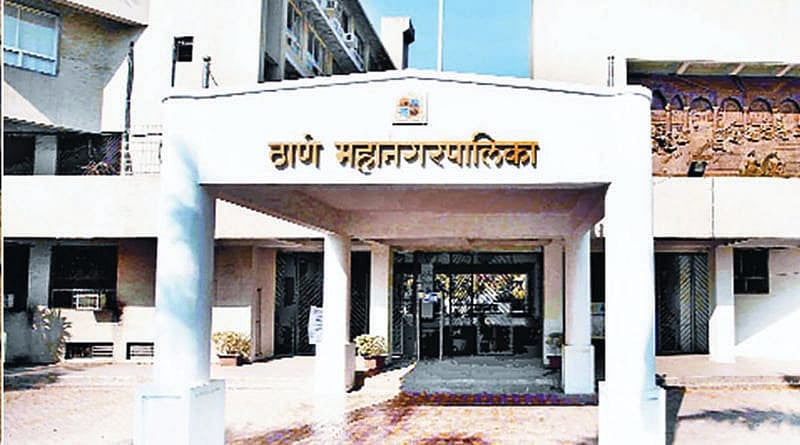South Korea is offering isolated young people $500 a month to get them to leave their homes and reconnect with society to encourage shut-in youths to return to school, look for jobs, and "restore their daily lives," the South Korean family ministry announced recently.
Reclusive youths aged nine to 24 are eligible for the monthly allowance and the government will pay $500 a month for the youth's food, clothing, housing, and other living expenses, the ministry said in their press release.
Around 338,000 people between the age of 19 and 39 in Korea have become such "hermit-type loners," read the ministry's press release, which cited 2022 statistics from the Korea Institute for Health and Social Affairs.
These teens and young adults tend to shut themselves at home for months for prolonged periods of time, dodging school and work for months or even years. It's similar to the hikikomori phenomenon in Japan, where the number of shut-in youths stands at around one million, per estimates from Japanese officials.

Young people can start to isolate themselves because of personal trauma, bullying in school, academic stress, family conflict, or a lack of care from their guardians or parents, the ministry said in a recent blog post.
In case studies provided by the South Korean family ministry, an unnamed 17-year-old said they started living in seclusion when they were 15 because of domestic violence. They described themselves as a "lethargic person who sleeps most of the time" and only ate to survive. "It was hard to leave the house. Even if you muster up the courage to go outside, making eye contact with people was difficult," the person said, per the government release.
The authorities are now concerned that prolonged physical isolation might make these youths prone to depression and stunt their physical growth because of their irregular lifestyles and lack of nutrition.
The $500 monthly allowance for shut-in youths is linked to Korea's broader Youth Welfare Support Act. Other government handouts for teens under the Act include $1,500 per year in medical expenses, up to $577 monthly in tuition and school fees, $277 per month in job support services, and $230 monthly for mental health services.
Youths can also get $230 in cash support for cosmetic surgery, which the spokesperson said covers correcting scars, tattoos, missing teeth, or disfigurements that "make it difficult for them to interact with their peers in everyday life."
More than a quarter of Koreans aged 20 to 39 have been diagnosed with depression at one point, a 2019 government survey reported. And studies in 2019 and 2021 found that close to a third of South Korea's middle and high school students considered suicide because of academic stress.
Korea is also racing to prepare for a steep decline in its working-age population. Experts are concerned the trend of a dwindling workforce might one day lead to a devastating imbalance in South Korea, with a small base of workers trying to support a swelling number of retirees.
Meanwhile, surging housing prices and rising job insecurity in South Korea are heaping immense social and financial pressure on its young generations.






